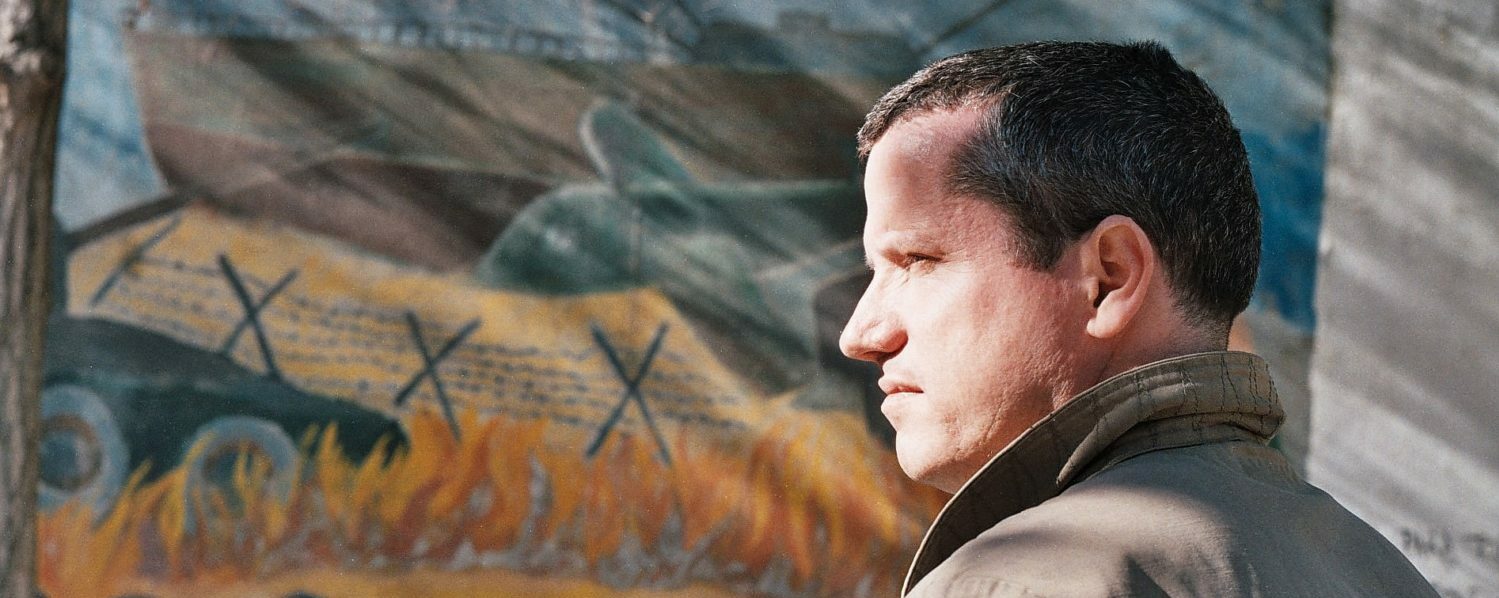John Kerry must be cursing the neo-cons. “If you break it, you bought it”, Colin Powell once said. Iraq is spectacularly broken, with civil war on multiple fronts. And the US has no choice but to try to put it back together. Having backed al-Maliki despite his egregiously divisive behavior, it cannot now let him fall and with him any semblance of the state. This is the post-imperial burden Powell predicted (though did nothing to prevent). As the US sends a further 300 troops to Iraq, its fingers are slowly being trapped in the mangle, once more.
US involvement is ratcheting up thanks to various factors almost wholly outside its control. Most obviously, the Islamic State (formerly known as the Islamic State of Iraq and the Levant, or ISIS) itself is demonstrating capability, resources and reach far beyond earlier estimates. Its forces have more or less encircled Baghdad and control several major cities, with only the Shia-dominated South securely under government control, the Kurdish North long having departed Baghdad’s writ. It commands considerable territory and money while also showing dramatic ideological ambition, its leader declaring himself global Caliph, supreme even over Al-Qaeda. Jihadists in Libya have already declared their loyalty; others will follow. The US realizes that “IS” now presents a danger well beyond the immediate region.
Although it was the US, in another gross miscalculation by the neo-cons, that originally plucked al-Maliki from obscurity to become Prime Minister, its power over him is now limited. Iran backs him strongly and arms the Shia militias upon whom the Baghdad government’s survival may now depend. Thus, the US finds itself in common cause with both its historic foes in Tehran but also the Shia militias who fought American troops and whose violent sectarianism has contributed to the current meltdown. Meanwhile, Russia, led by Putin’s unerring geopolitical nose for opportunity and resources, is also exploiting the crisis to increase its influence in Baghdad, most recently by promptly supplying ground-attack aircraft for the Iraqi air force. The US is only one voice among many in Maliki’s ear.
Washington’s hope is that it can leverage its support for the government to force Maliki to step down to allow more inclusive, non-sectarian leadership. But that calculus implies a further dangerous ratchet on US involvement: the more it supports the government militarily, the greater its ability to determine the political outcome. And the fact that a discredited figure like Ahmed Chalabi, another neo-con favorite, is even in the frame as the new Prime Minister suggests that plausible unifying leaders are thin on the ground.
US options are bad. It has taken far too long effectively to bolster the moderate Syrian opposition (whom, full disclosure, my organization advises) so that it could both unsettle Assad enough to agree a political transition (as even Russia agrees is necessary) but also push ISIL back. In order to create a credible new political dispensation in Baghdad, the US must negotiate with both Iran and Russia, if not directly then by proxy (the former would be better, of course). There will be no new government in Baghdad unless Iran agrees to it. Tehran sees Iraq as a direct security concern with an urgency that is rarely appreciated beyond.
Thus, the US finds itself in the same boat as Moscow, Tehran, and a recalcitrant leadership in Baghdad as they try to forestall a disastrous collapse. An optimist might see this as a chance for transformative diplomacy to address Iraq but also mend long-poisoned relations elsewhere (oh yes, and fix Ukraine and the nuclear question at the same time). Perhaps cooperation in this immediate crisis might presage further partnership to bring the catastrophic war in Syria at last to an end, a war without which, it bears repeating, ISIL would not have prospered. At these times, one wishes not only for brave and imaginative US diplomacy, but also for global leaders with moral and intellectual authority. I do not see them.
Pessimism has always been a safer bet in the Middle East thanks to sectarian division, repressive governments and perpetual, ill-judged foreign meddling. Suspicions and distrust in Tehran, Moscow and Baghdad are surely too great to overcome in some magnificent collective effort to prevent collapse. Prolonged disorder is the most likely result, in the worst and also plausible case undermining both Jordan and Lebanon but also the many places in the Middle East, Africa and Europe where IS militants find ideological targets and sympathizers. I would like to be wrong.
